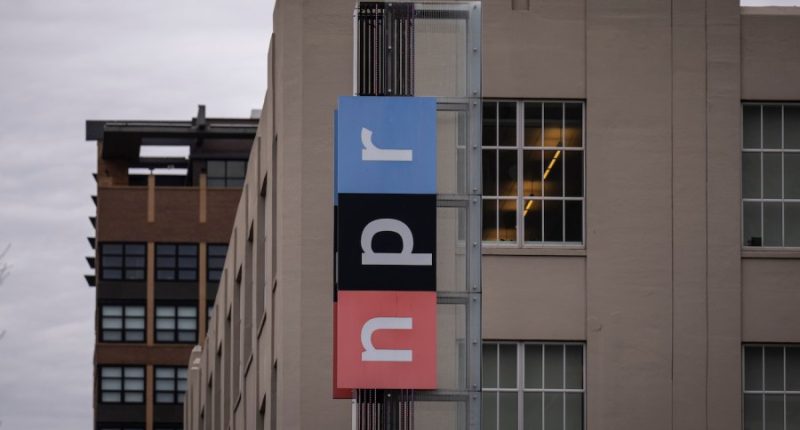Share this @internewscast.com

National Public Radio (NPR) is bringing a lawsuit against President Trump’s administration over his executive order that targets funding for public broadcasting, claiming the action infringes on the outlet’s First Amendment rights.
The lawsuit, filed in a federal court in Washington, D.C., contends that Trump’s order “directly contradicts statutes properly enacted by Congress and breaches the Separation of Powers and the Spending Clause by ignoring Congress’s explicit directives. It further breaches the First Amendment’s protections of free speech and a free press.”
“The objectives of the Order could not be more explicit,” the lawsuit states. “The Order is designed to penalize NPR for news content and other programming that the President disapproves of and to intimidate the free
exercise of First Amendment rights by NPR and individual public radio stations across the country.”
Trump’s executive order, signed earlier this month, directs Congress to strip federal funding from NPR and PBS, saying “no media outlet has a constitutional right to taxpayer subsidies, and the Government is entitled to determine which categories of activities to subsidize.”
“Which viewpoints NPR and PBS promote does not matter. What does matter is that neither entity presents a fair, accurate, or unbiased portrayal of current events to tax paying citizens,” the order reads.
In <a href="To: Dominick Mastrangelo <DMastrangelo@TheHill.com>; Ian Swanson <ISwanson@TheHill.com>; TheHill-blg-grp a statement on Tuesday morning, NPR CEO Katherine Maher called Trumo’s order “unlawful” and said the president is targeting her outlet because of his perception of liberal bias in its editorial content.
“NPR will never agree to this infringement of our constitutional rights, or the constitutional rights of our Member stations, and NPR will not compromise our commitment to an independent free press and journalistic integrity,” Maher said.
The suit comes as a push to strip funding from the broadcaster appears to be gaining steam among Republican lawmakers, though some have expressed skepticism.











